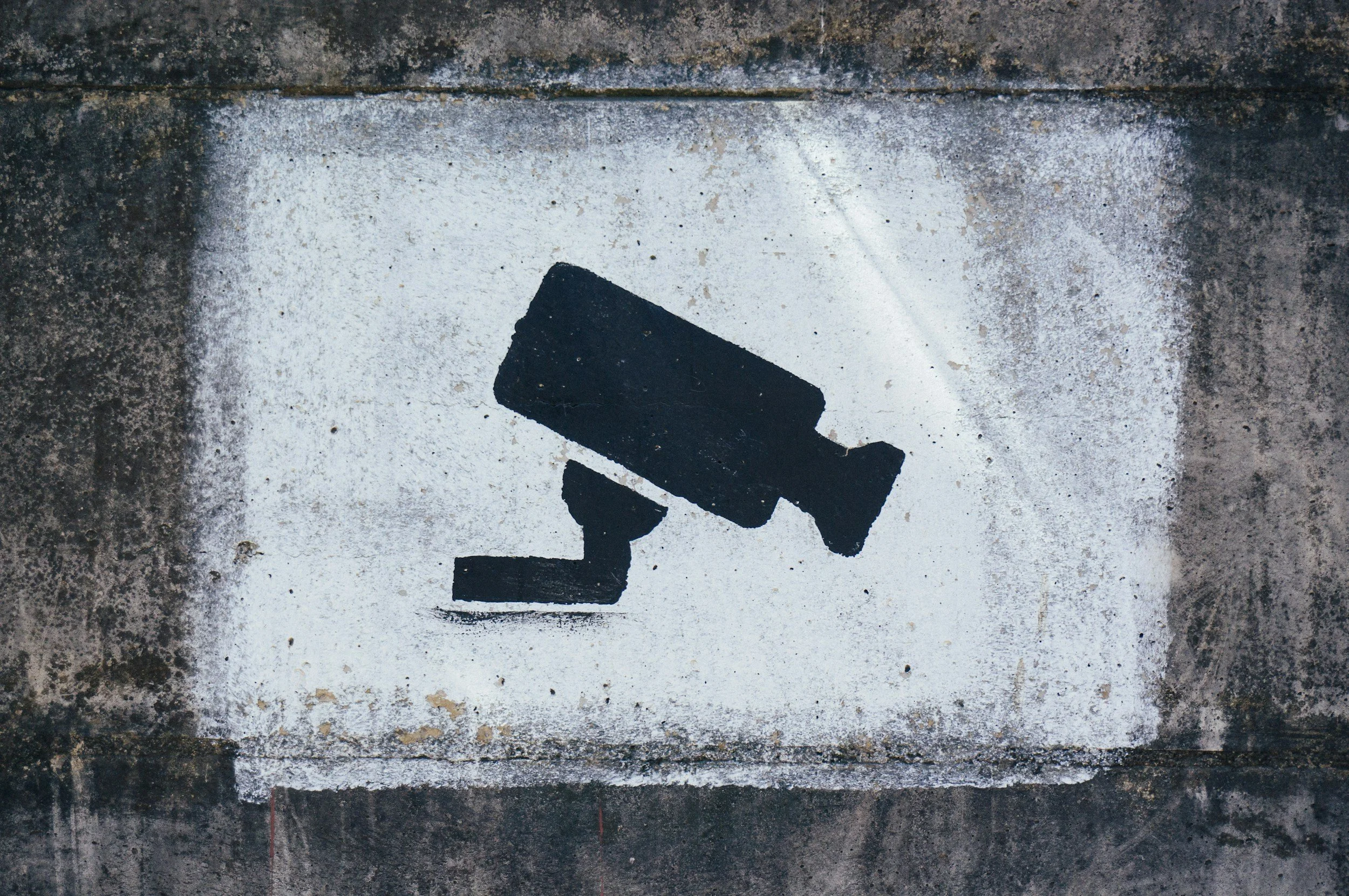Everyone spies and everyone is spied upon, but how do we learn to surveil ourselves and others? Using a range of genres, including picture books, novels, short stories, plays, and video, we will investigate ideas about both the stories we tell and the choices we make while telling them. We will explore how narrative structures shape attitudes toward surveillance and truth, compare the ways different genres function in relation to surveillance, and examine how attitudes toward surveillance have changed over time in literature, both reflecting and enabling cultural shifts.
Investigating fictional characters - like Shakespeare’s Hamlet, Arthur Conan Doyle’s detectives, Virginia Woolf’s modernist narrators, Patrick Ness’s YA protagonists, and Mick Herron’s spies - alongside nonfictional accounts of significant surveillance inventions - Jeremy Bentham’s Panopticon and Alan Turing’s Enigma machine, for instance - will help us understand the complexity and sometimes contradictory attitudes we hold toward surveillance and privacy. Our readings will also be paired with theoretical pieces that introduce ideas about racialized surveillance, gendered surveillance, panoptic surveillance, and AI surveillance, among others.
Our course includes an overnight study trip to Bletchley Park, a country house that was repurposed during WWII to house a secret government code-breaking project, which at its height employed about 10,000 people, most of them in their late teens and early 20s.
Professor: Megan Isaac, Professor of English, Elon University misaac2@elon.edu

